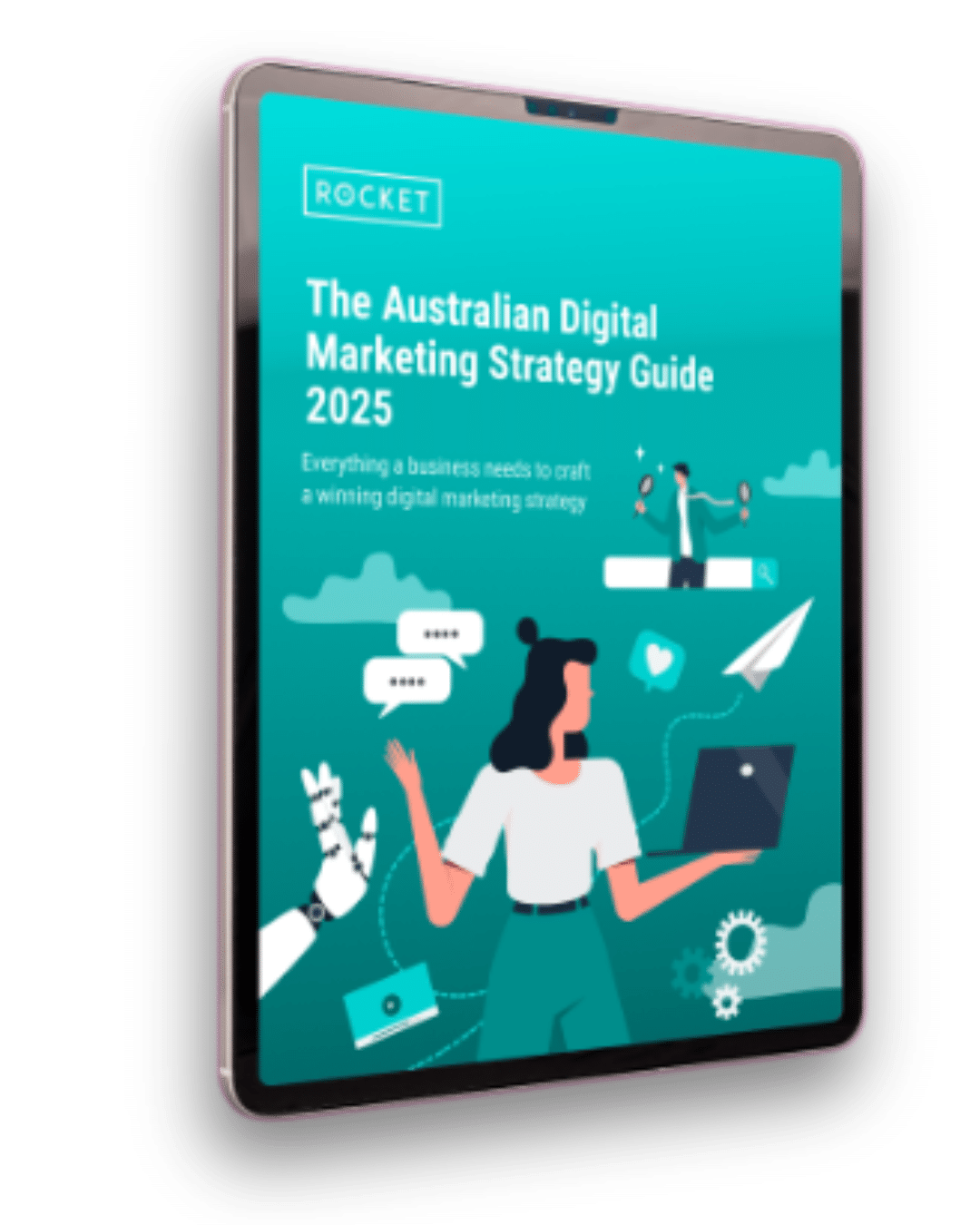Tinsel Sales Aren't All That Rise at Christmas - Here's Why Your CPC Will Also Rise
The holidays are a time when purse strings loosen and people start treating themselves and others to gifts, holidays or a nice meal. This makes the festive season the ideal time to attract new customers and re-engage old ones.
An effective and economical way of reaching customers is through search engine marketing (SEM). Unfortunately, most of your competitors feel the same way. This means lots of choices for customers (yay!) and lots of competition for you (not so yay!).
So What Will Happen to my Search Campaign?
To put it simply, your advertising costs will most likely increase. You may notice this as an increase in your average cost per click (CPC) or your average cost per acquisition (CPA).
The amount you pay per click (CPC) and consequently, per conversion action (CPA) depends on several factors, one of which is the amount of competition in the marketplace. This means that if another business decides to bid for a keyword that you’re targeting, then you may be required to bid a higher amount to show your ad instead. While there is always competition for your keywords, ad positions and customers, this activity becomes more intensified during the holiday season.
Platforms such as Google Ads and Bing Ads do consider factors other than your bid. These include ad relevance, expected click-through rate (CTR) and landing page experience. This gives smaller advertisers the opportunity to level the playing field against big spenders.
Okay, What Can I do to Stop it?
Well, you can't stop it! But here are a few tactics to help you make the best of it.
Start Early
Abraham Lincoln once said, "give me six hours to chop down a tree and I will spend the first four sharpening the axe". The difference between success and failure can often come down to planning. If you've been in business for a few years, you already know if the Christmas season is important for you, and you know it will be competitive. Plan for it 3, 6 or even 12 months in advance.
This could be as simple as preparing effective holiday-themed copy for your ads or allocating more budget for this time of year. Or it could be as complex as adjusting and optimising bidding strategies on all your keywords and phrases to ensure you spend your budget wisely and get the most bang for your buck.
Plan Ahead
According to Australia Post’s 2019 eCommerce industry report, the biggest transaction period for all eCommerce in 2018 started much before the holidays, almost 5 - 6 weeks before. We did a quick search for the ‘Christmas Gift’ category in Australia, on Google Trends for last year. It shows that while searches hit their peak in the weeks just before Christmas, the volume started picking up way back in October.
Another interesting observation from Google was that in 2018, 48% of shoppers were open to buying from new retailers in the holiday season and 30% actually did. While that is a great opportunity for new retailers, it also suggests that building familiarity earlier in the year may result in big wins later. The bigger implication of this is that a customer’s ‘holiday shopping’ journey can technically start at any point in the year.
Examine the historical data at your disposal and deploy your marketing efforts before any of your competitors have a chance to hit the market.
Don't Have a Big Budget? Be Picky!
If you are working with a limited budget be selective in your choice of marketing channels. Don't run after the flashiest or the most popular thing on the advertising shelf. Instead, identify where your audience is most likely to engage with you. Ask yourself where your customers get their information, who they ask for advice from and how long it takes them to make a choice. This information is vital in spending budget wisely.
Rather than allocating tiny amounts of budget to a barrage of channels, prioritise the channels based on their importance, relevance, effectiveness and feasibility.
Diversity, if Your Budget Allows
If you’ve planned ahead and set aside a budget for the Christmas rush, then you can edge out the competition by diversifying the channels and tactics you are using. Take the opportunity to experiment with Bing Ads, Gmail Ads or Instagram or try shopping campaigns and local inventory ads.
If these channels aren’t popular with your competitors, then you could potentially corner the market, acquire customers cheaply and balance out the high costs that may be unavoidable on more popular channels.
Gather Data For Next Time
Irrespective of whether your Christmas marketing efforts this year are successful or not, put in place a mechanism to collect relevant data from your activities.
According to this PWC 2017 Total Retail Report, businesses that are committed to collecting and analysing shopper data, are winning at being more personal, more relevant and more responsive to their customers.
Learning from your failures as well as your successes will help you refine your marketing, ensuring that your efforts are profitable and achieve better results in the future.
Those are some quick tips to help prepare you for the festive season. Hope you find them useful.
And if you’re planning on running Google Ads campaigns this year, check out this free guide on 10 Proven Ways To Dominate Google Ads, written by Rocket Co-Founder & Head of Search, Garry Viner.
If you feel that you could use some assistance with your Google Ads campaigns or would like a second opinion, then please feel free to get in touch. Contact us via the site or by calling us on 1300 059 620.

Webinar: Digital Marketing in Australia
Join us for a live, moderated 60-minute webinar presented by James Lawrence on the latest changes to digital marketing. Understand attribution and data challenges, AI and how to balance brand and performance ads. Get 8 actionable steps to get digital right this year.
About the Author

As the Co-Founder and Senior SEO Strategist at Rocket Agency, Garry has worked to launch and improve marketing campaigns for leading Australian and international brands including Meriton Suites, Luna Park and Medecins Sans Frontieres.
Garry combines his solid mathematical background with a grounding in actuarial studies with business insight and empathy to create cutting-edge marketing campaigns. As a lifelong learner, he stays up-to-date with martech trends in this fast-moving digital space. At Rocket, he has led a team of PPC and SEO specialists that have run award-winning ad campaigns.

Join 20,000+ subscribers
Get fast, useful and no-nonsense weekly emails on the most relevant marketing topics for Australian businesses.
Other Articles you might be interested in…

The Australian
Digital Marketing Strategy Guide
Everything an in-house marketer needs to craft a winning digital marketing strategy.








































